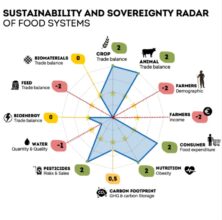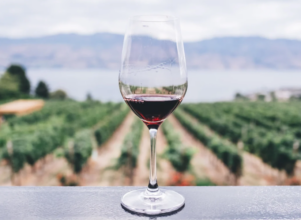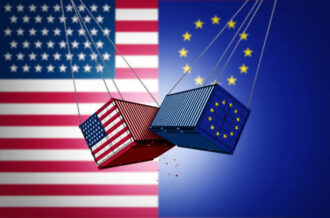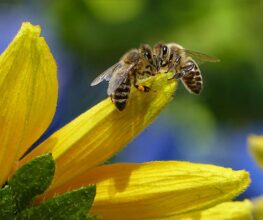The US and the UK have announced a partial trade deal, with key provisions on ethanol and beef. The agreement lacks reciprocity, remains outside WTO rules, and offers limited detail on other sectors. It marks a post-Brexit shift in UK trade policy and signals growing competition for the EU. A dual trade model may be emerging: one rules-based and WTO-compliant, the other driven by bilateral negotiations.









